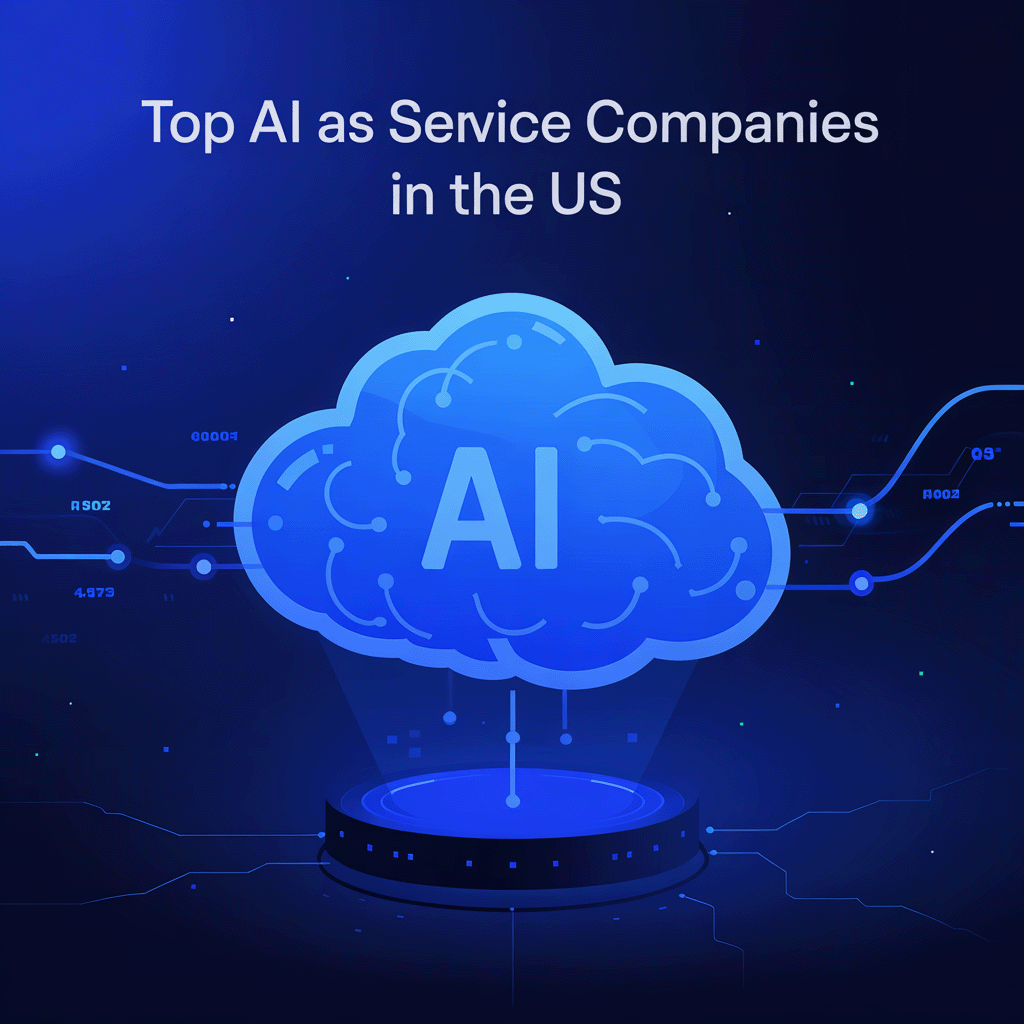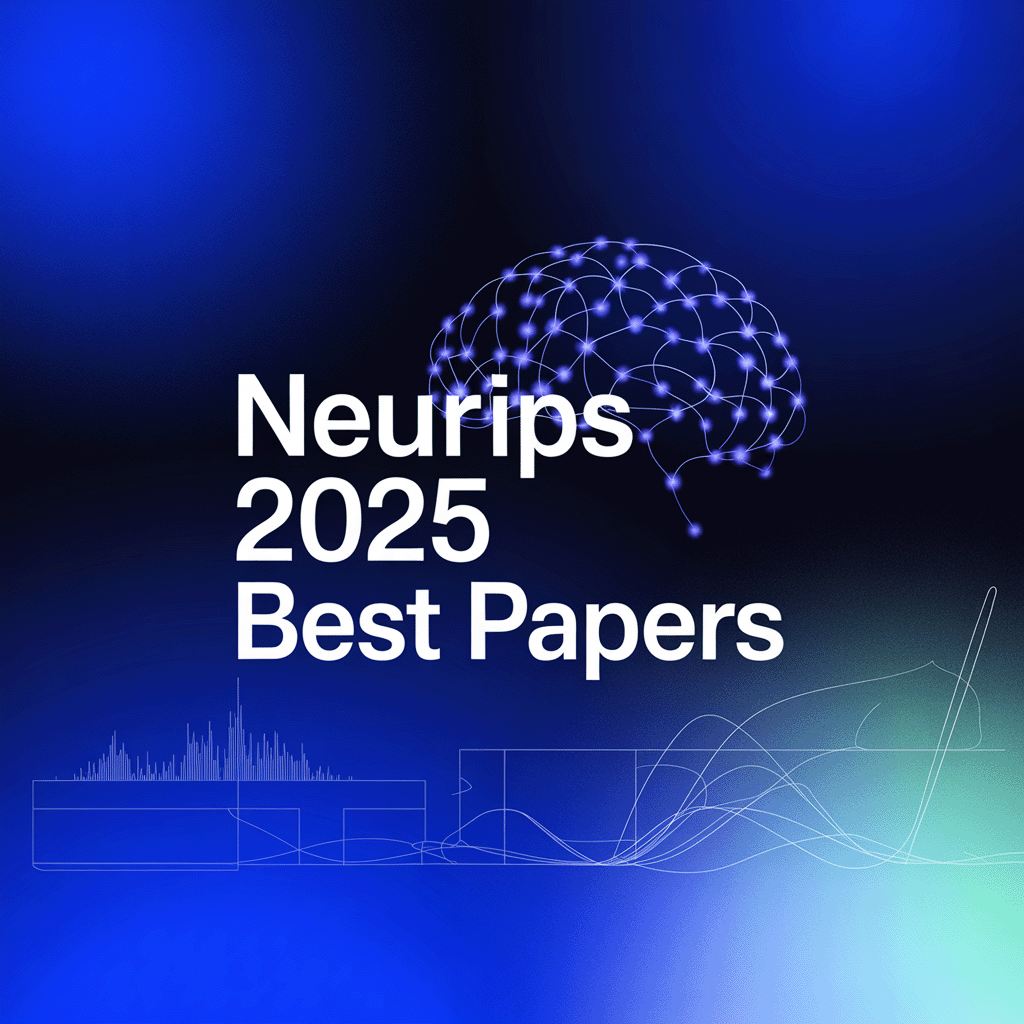Have you ever forgotten to refill a prescription or struggled to decipher a doctor’s cryptic handwriting on a lab result? If so, you’re not alone. In fact, studies show that 1 in 5 prescriptions are never filled, and up to 15% of patients report difficulties understanding their lab results. Thanks to the explosion of healthcare applications, these frustrations are becoming relics of the past.
The healthcare industry is undergoing a digital transformation, with the global healthcare app market expected to reach $236 billion by 2026, growing at a CAGR of 15.2% from 2021. Mobile apps designed to empower patients and streamline medical processes are at the forefront of this transformation. For instance, apps like MyChart and GoodRx have revolutionized patient engagement and medication management.
This guide equips you with the knowledge to navigate the exciting world of healthcare app development in 2025. We’ll explore the evolving app landscape, delve into crucial development considerations, and unveil successful strategies to bring your healthcare app vision to life. Whether you’re a seasoned developer or new to the field, this guide will provide valuable insights to help you create impactful and user-friendly healthcare applications.
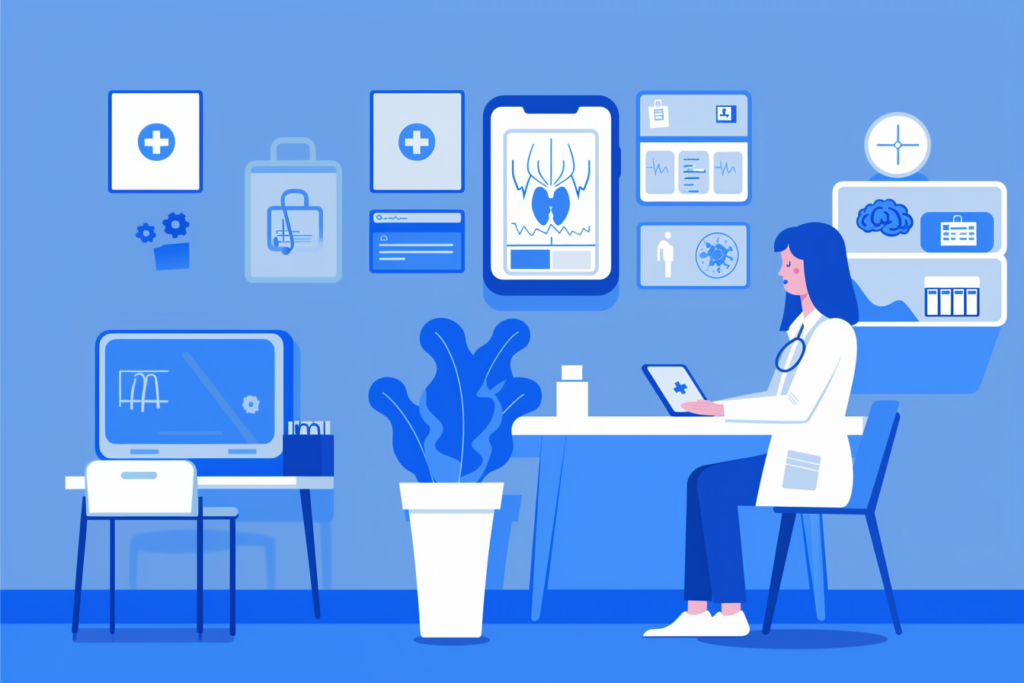
The Healthcare App Landscape: A Multifaceted Ecosystem
The healthcare app market has become a multifaceted ecosystem catering to a diverse range of stakeholders within the medical field. This section explores the various categories of applications that contribute to this dynamic landscape:
Patient-Centered Applications: These applications empower patients to take a proactive role in managing their health. They encompass:
- Appointment Scheduling and Management: These apps streamline the scheduling process and enable patients to book appointments, receive reminders, and manage cancellations electronically.
- Self-Monitoring Tools: These apps facilitate self-management of chronic conditions or wellness goals by offering features for logging health metrics, tracking trends over time, and visualizing data. Medication management apps also fall into this category, providing reminders, refill tracking, and potential medication interaction checks.
- Symptom Checkers and Educational Resources: These apps assist patients in determining the need for a medical consultation and offer guidance for common ailments. Educational resources provide reliable health information, empowering patients to make informed decisions about their well-being.
Provider-Focused Applications: Designed to enhance workflows and communication for healthcare professionals, these applications include.
- Secure Communication Platforms: These encrypted messaging apps improve care coordination among healthcare providers by enabling the secure exchange of patient data and facilitating collaboration.
- Electronic Health Records (EHR) Systems: EHR applications provide a centralized platform for accessing and managing patient medical histories, promoting efficiency and reducing errors.
- Medical Imaging and Diagnostic Tools: These applications allow for remote viewing of X-rays, MRIs, and other diagnostic images, facilitating faster diagnoses and consultations with specialists.
Telemedicine Applications: Telemedicine apps are revolutionizing access to healthcare by connecting patients with doctors virtually, enabling a wide range of services beyond consultations.
- Remote Patient Monitoring: These apps allow healthcare providers to track patients’ vital signs and health data remotely, facilitating chronic disease management and early intervention for potential health concerns.
- Specialist Consultations: Telemedicine bridges the gap between patients and specialists who may be located geographically far apart. This can be particularly beneficial for patients in rural areas or those with limited mobility.
- Post-Operative Care: Telemedicine allows for convenient follow-up appointments after surgery, reducing the burden on patients and improving recovery outcomes.
- Mental Health Services: Telemedicine offers a valuable platform for delivering mental health consultations, therapy sessions, and medication management, particularly for individuals who may face challenges accessing in-person care due to stigma or location.
Mental Health Applications: These applications address the growing focus on mental well-being by offering tools for stress management, meditation guidance, mood tracking, and potentially even access to therapists through virtual consultations.
- Stress Management and Relaxation Techniques: These apps provide guided meditations, mindfulness exercises, and breathing techniques to help users reduce stress and anxiety and improve overall well-being.For additional support, many people turn to RESPeRATE on Amazon, a device designed to promote relaxation through guided breathing.
- Mood Tracking and Emotional Awareness: These apps can empower users to understand their emotional patterns and develop coping mechanisms by logging mood swings and identifying triggers.
- Cognitive Behavioral Therapy (CBT) Tools: CBT is a widely used form of therapy that helps users identify and challenge negative thought patterns. Mental health apps can provide tools and exercises based on CBT principles to promote positive thinking and emotional regulation.
- Journaling Prompts and Self-Reflection: Journaling prompts within these apps encourage self-exploration and can help users gain insights into their thoughts and feelings, fostering emotional awareness and personal growth.
- Access to Therapists and Support Groups: Certain apps connect users with licensed therapists or counselors for virtual consultations, offering professional guidance and support for mental health concerns. Additionally, some apps provide access to online communities and support groups, fostering a sense of connection and shared experience.
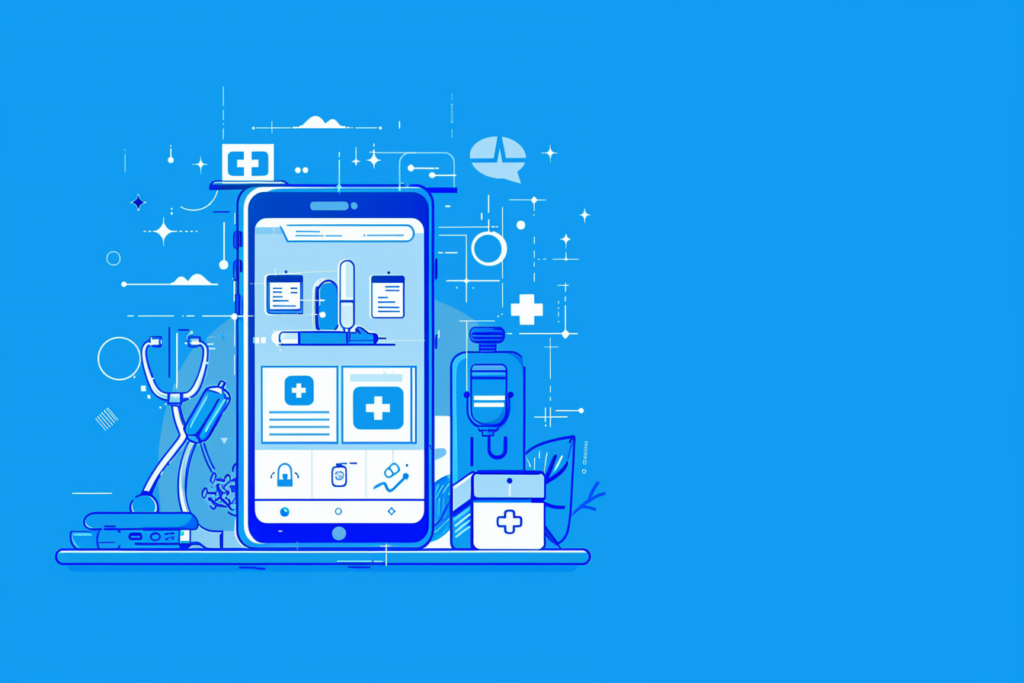
The Impact of Cutting-Edge Technologies on Healthcare App Development
The healthcare app landscape is constantly evolving, fueled by the integration of powerful new technologies. Here’s a glimpse into how some of these advancements are impacting healthcare app development.
Artificial Intelligence (AI) and Machine Learning (ML)
- Personalize Patient Care: AI algorithms can analyze vast amounts of medical data to personalize treatment plans, predict health risks, and recommend preventative measures.
- Support Diagnosis and Treatment: Machine learning can be used to analyze medical images to make faster and more accurate diagnoses, while AI-powered chatbots can offer preliminary symptom checks and guide users toward appropriate care.
- Power Virtual Assistants: AI chatbots can act as virtual assistants within healthcare apps, answering patient questions, scheduling appointments, and providing medication reminders.
- Scalability and Accessibility: Cloud storage allows apps to handle large amounts of data without hardware limitations, making them accessible from anywhere with an internet connection.
- Enhanced Security: Cloud providers offer robust security measures to ensure the privacy and confidentiality of sensitive patient data.
- Cost-Effectiveness: Cloud computing eliminates the need for expensive hardware infrastructure, making app development more cost-efficient.
- Remote Patient Monitoring: Apps can leverage computer vision to analyze images and videos captured by wearables or smartphones, allowing for remote monitoring of wounds, skin conditions, or even vital signs.
- Improved Diagnostics: Computer vision algorithms can assist healthcare professionals in analyzing medical images like X-rays and MRIs, potentially leading to earlier and more accurate diagnoses.
- Patient Education and Training: VR simulations can create realistic environments to educate patients about medical procedures, manage phobias, or practice skills like self-injection techniques.
- Surgical Training and Planning: VR can provide surgeons with a realistic 3D environment to practice complex procedures and plan surgeries with greater precision.
- Identify Patients at Risk: Predictive models can help healthcare providers identify individuals at high risk of developing certain health conditions, allowing for early intervention and preventive measures.
- Optimize Resource Allocation: Predictive analytics can be used to predict hospital admissions or patient readmissions, allowing healthcare institutions to optimize resource allocation and improve efficiency.
The Healthcare App Development Process: A Step-by-Step Guide
Bringing your innovative healthcare app idea to life requires a well-defined development process. Here’s a roadmap to navigate the key stages, presented in a comprehensive table for easy reference.
| Stage | Description | Key Considerations | Deliverables |
| 1. Planning and Ideation | This stage lays the groundwork for your app’s success. |
|
|
| 2. Design and Development | Here, your app’s visual identity and core functionalities come to life. |
|
|
| 3. Testing and Deployment | Ensuring a flawless user experience and robust security is paramount. |
|
|
| 4. Maintenance and Updates | A successful app requires ongoing support and evolution. |
|
|
Common Problems and Solutions in Healthcare App Development
The path to launching a successful healthcare app is paved with both innovation and hurdles. Here’s a look at some commonly encountered problems during development and potential solutions to navigate them.
Problem: Difficulty Identifying a Clear Need
Solution: Conduct thorough market research to understand existing solutions, patient pain points, and unmet needs.
Solution: Consult with healthcare professionals and potential users to gather real-world insights and validate your app concept.
Problem: Scope Creep and Feature Overload
Solution: Prioritize core functionalities that address the most critical user needs.
Solution: Implement a phased development approach, introducing new features in subsequent updates based on user feedback and market trends.
Problem: Technical Challenges and Security Vulnerabilities
Solution: Assemble a skilled development team with expertise in healthcare app development and relevant security protocols.
Solution: Regularly conduct security audits and penetration testing to identify and address potential vulnerabilities.
Problem: Ensuring Compliance with Regulations (HIPAA etc.)
Solution: Partner with a qualified legal team or consultant specializing in healthcare data privacy regulations.
Solution: Implement robust security measures like encryption and user authentication to safeguard sensitive patient information.
Problem: Limited User Adoption and Engagement
Solution: Prioritize a user-centered design approach that emphasizes intuitiveness and a positive user experience.
Solution: Develop a comprehensive marketing strategy to reach your target audience and effectively communicate the value proposition of your app.
Problem: Difficulty Integrating with Existing Healthcare Systems
Solution: Utilize open-source APIs and industry-standard data formats to facilitate seamless integration with existing systems.
Solution: Consider offering a cloud-based solution to minimize compatibility issues and ease integration for healthcare providers.
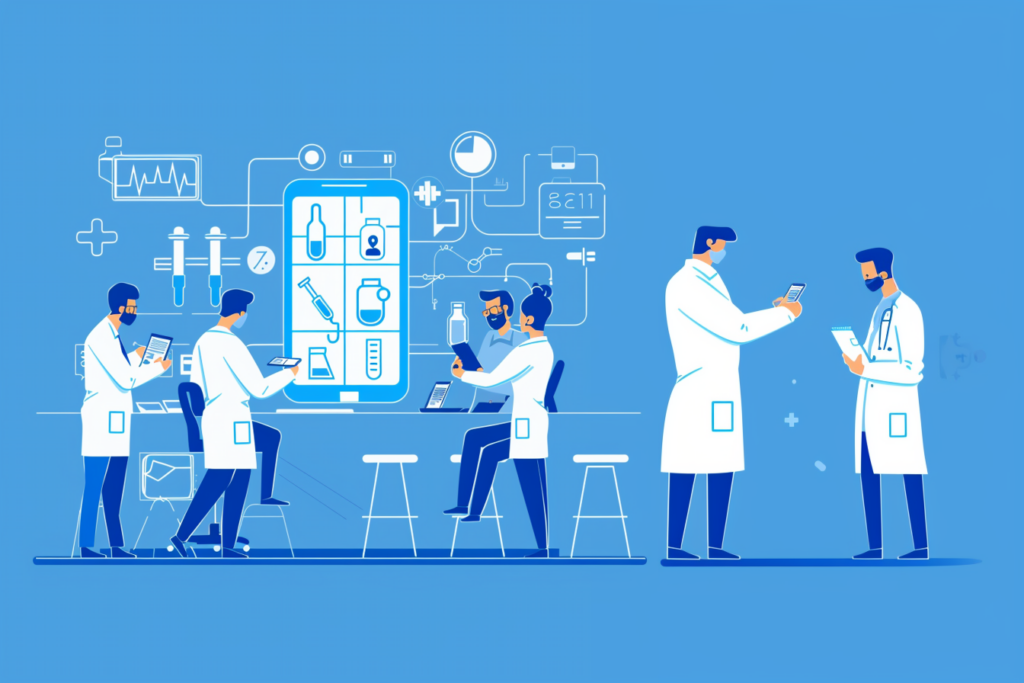
Partnering with LITSLINK: Your Advantage in Healthcare App Development
The complexities of healthcare app development can be daunting, but you don’t have to navigate them alone. LITSLINK, a distinguished US-based software development company, offers a comprehensive partnership program designed to empower healthcare businesses. Here’s how partnering with us can give your healthcare app development a strategic edge:
- Deep Industry Expertise: Our team has extensive experience crafting secure and compliant healthcare applications. We understand the intricacies of HIPAA regulations, data privacy, and integration with existing healthcare systems.
- Custom-Tailored Solutions: LITSLINK doesn’t offer one-size-fits-all solutions. We work closely with you to understand your unique vision, target audience, and project requirements. Our team will then design and develop a custom healthcare app that perfectly aligns with your goals.
- Focus on User Experience (UX): We understand the importance of intuitive and user-friendly design, especially in healthcare apps. Our UX/UI designers will craft an aesthetically pleasing app interface that is easy to navigate for patients, providers, or your target users.
- Robust Security and Scalability: Data security is paramount in healthcare, and LITSLINK prioritizes building apps with robust security measures in place. We also ensure your app is scalable to accommodate future growth and evolving user demands.
- Ongoing Support and Maintenance: A successful app requires ongoing maintenance and updates. Partnering with us provides you with a reliable team for post-launch support, ensuring your app remains functional, secure, and up-to-date.
Contact LITSLINK today to discuss your healthcare app vision and explore how our partnership program can turn your innovative concept into a reality that improves lives within the healthcare ecosystem.
Final Note
The healthcare industry is experiencing a digital gold rush, with healthcare mobile app development emerging as the new frontier. Patients are demanding more control over their health, and technology companies are racing to fill the void. This guide equips you with the tools to navigate this lucrative landscape and forge a path that improves lives.


